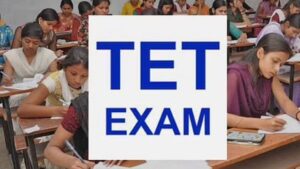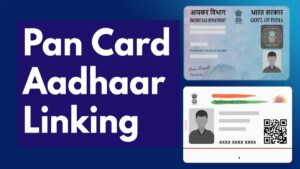CBSE to Introduce Open Book Exams for Class 9 from 2026-27: Here’s How It Will Benefit Students

CBSE to Introduce Open Book Exams for Class 9 from 2026-27: Here’s How It Will Benefit Students
CBSE Open Book Assessment 2026-27: The Central Board of Secondary Education (CBSE) has approved the introduction of Open Book Assessments for Class 9 students starting from the academic year 2026-27. The decision, passed by the CBSE Governing Body, will apply to three written examinations in core subjects including Mathematics, Science, Social Science, and Languages.
Under this initiative, students will be allowed to refer to textbooks, class notes, or library books while answering exam questions. The objective is to assess their ability to apply concepts to real-life situations rather than relying solely on memorisation. This approach aligns with the National Education Policy (NEP), which promotes competency-based learning and aims to reduce exam-related stress among students.
What is an Open Book Assessment?
An open book assessment allows students to use authorised study material during exams. Instead of testing rote memory, it evaluates analytical thinking, conceptual understanding, and the ability to integrate knowledge from different sources to solve problems.
Pilot Study Findings
In December 2023, CBSE conducted a pilot study across Classes 9 to 12. The study found that students scored between 12% and 47%, revealing challenges in effectively using resources and linking ideas across subjects.
Past Implementation and Revival
CBSE first introduced open book tests in 2014 for Class 9 (Hindi, English, Mathematics, Science, Social Science) and Class 11 (Economics, Biology, Geography). Students received study material four months in advance. However, the system was discontinued in 2017-18 due to limited improvement in learning outcomes. The reintroduction now comes with a renewed focus on critical thinking and application-based learning.
With this change, Class 9 students from the 2026-27 session will have an opportunity to experience a less stressful, concept-driven examination system that mirrors real-world problem-solving.












